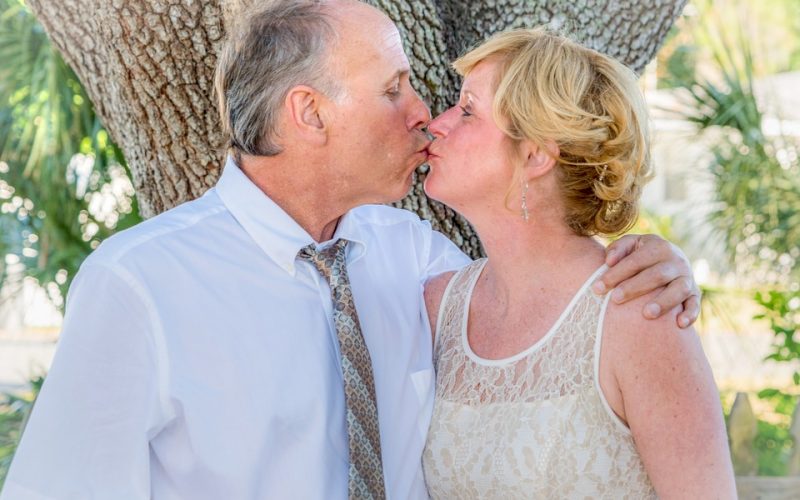Signs Of a Controlling Partner
Are you in a relationship where your every move is closely monitored and you're constantly being told what to do? If so, it's possible that your partner is controlling. Controlling behaviour can creep up on us; it doesn't always start out as obvious or extreme. By recognising some of the more subtle red flags, though, we can be better prepared emotionally and learn to protect ourselves from manipulative behaviours.
The warning signs
Relationships should be supportive and equal, but unfortunately, there are some partners who seek to control and dominate their significant other. It can be difficult to spot the warning signs of a controlling partner as they may start off subtly and gradually become more intense over time. One of the most common signs is the need to know your whereabouts at all times or to constantly check your phone. Another red flag is if they try to distance you from your friends and family or dictate how you dress and behave.
Controlling partners may also belittle or criticise you, and make you feel guilty for things that aren't your fault. It's important to recognise these warning signs before it becomes too late and seek help from trusted friends or professionals. Remember, a healthy relationship should never feel like a prison.
Common behaviours
Being in a controlling relationship is a nightmare for anyone. But identifying controlling behaviours in a partner can be difficult, especially when they are disguised as expressions of love or concern. Common behaviours of controlling partners include isolating their partners from their friends and family, constantly checking their phone or social media activity, making all the decisions in the relationship, and manipulating their partner's emotions to get what they want.
These types of behaviours can lead to a loss of freedom, self-esteem, and ultimately a breakdown of the relationship. While it can be difficult to break away from a controlling partner, it's important to recognise these behaviours and seek help if necessary.
Understanding unhealthy boundaries
In any relationship, setting boundaries is important. It helps establish a clear understanding of what is acceptable and what is not. However, unhealthy boundaries can have detrimental effects on a relationship. It can lead to misunderstandings, resentment, and even abuse. Understanding unhealthy boundaries is crucial for maintaining healthy relationships. It can be anything from not respecting someone's personal space to controlling their every move. It's essential to recognise and address these behaviours before they escalate.
Communication is key in any relationship, and establishing healthy boundaries can help build trust and understanding. It's important to remember that everyone deserves to be treated with respect and kindness, and setting healthy boundaries is a necessary step towards achieving that.
Responding to signs of control
If you start to see signs of control in a relationship, it's important to act on them. This could be anything from feeling like you're spending all your time with your partner to them checking your phone. It's important not to ignore these warning signs, as they could escalate over time.
The key is to communicate with your partner and let them know how their behaviour is making you feel. If you're met with anger or defensiveness, this could be a sign that the controlling behaviour is more severe than you first thought.
Self-care tips
Dealing with a controlling relationship can be emotionally draining and tough to navigate. However, it's important to remember that you always have the power to take care of yourself. Self-care is crucial when dealing with controlling relationships. Some self-care tips that can help you include prioritising your own needs, setting healthy boundaries, and practicing self-compassion.
Taking time for yourself, whether it's engaging in a relaxing activity, talking to a friend, or seeking professional help, can help you feel more empowered and less trapped in the relationship.











